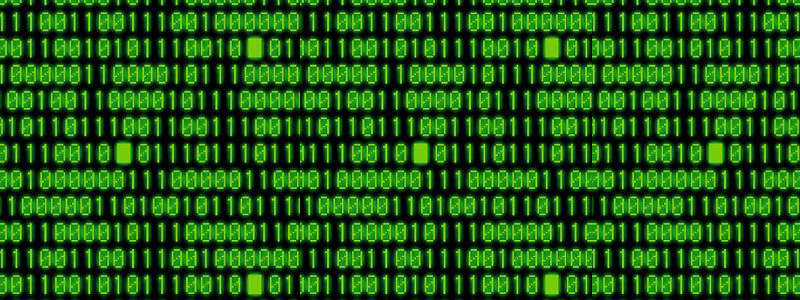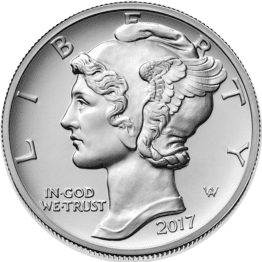Numismatic News | Posted on July 21, 2016 by NMN

While bitcoins are getting physical, banks in Japan are sending their money into cyberspace.
Bank of Tokyo-Mitsubishi UFJ Ltd. is Japan’s largest bank. This bank plans to become the first bank anywhere to issue its own digital currency, according to a June 13 news article appearing in The Asahi Shimbun Japanese newspaper.
According to the newspaper, “The ‘MUFG coin’ is expected to be available in autumn 2017 as part of the megabank’s ‘FinTech’ financial services that use information technology.”
The article continues, “Under the planned system, users can withdraw money from their bank accounts into an app on their smartphones. The money will be converted into MUFG coins at a rate of one MUFG coin to 1 yen.”
In early 2018 the bank plans to offer clients use of an Automatic Teller Machine through which consumers can withdraw MUFG coins into their smartphones or convert this cybercash into physical currency. While this conversion factor is important to trust in the system it will still be viewed by many as one further step towards Japan becoming a cashless society.
The virtual currency is also planned to assist in facilitating currency conversions between the yen and other currencies at what have been called “low commissions.”
Japan has not been on the world stage as are Sweden and Denmark regarding a move towards becoming a cashless society; however, Japan has been encouraging bitcoin and other digital currency systems. The Japanese Diet consisting of both the Lower and the Upper Houses passed legislation in March that officially recognizes digital currencies as legal tender. Since that time further legislation has been passed to regulate digital currency exchanges throughout Japan. This regulation will be managed by the Japanese Financial Services Agency.
Virtual currency exchange operators are now required to register with the JFSA, who in turn is authorized to conduct on-site inspections and requires operators to follow what is called “know-your-customer” practices.
Unlike elsewhere in the world, cybermoney is being regulated in Japan. Virtual currencies are now legally considered to be “asset-like values” that can legally be used to make payments or can be treated as any other asset when value is being transferred. This posture revises both the Payment Service Act and the Banking Act.
News reports suggest several Japanese cybermoney startup companies have embraced the new government regulations. A Tokyo bitcoin exchange spokesman called the government’s regulation “epoch making.”
BitFlyer Chief Executive Officer Yuzo Kano said, “It [the regulations] will help improve the trust in the virtual currency. I am hoping the new rules will stimulate the growth of the industry.”
Kano raised approximately $27 million to fund his enterprise. This is ironic, since it took physical currency, even if it is fiat money, to fund a so-called cashless operation, that also being a form of fiat money. Also ironic is that if banks can now issue money they created this is a throwback to the wildcat banking and broken banks in the 19th century United States as well as a decentralization of the Japanese currency system.
The Japanese yen is the third most traded currency in foreign exchange markets after the United States dollar and the euro. It is also widely used as a reserve currency after the U.S. dollar, the euro and the pound sterling.
The current Japanese 500-yen coin is valued at about $5 US. As such it is one of the highest denomination coins in circulation anywhere in the world. Japan’s highest denomination bank note is the 100,000 yen, which is equivalent to about $945 to $1,000 US.
This article was originally printed in World Coin News.









